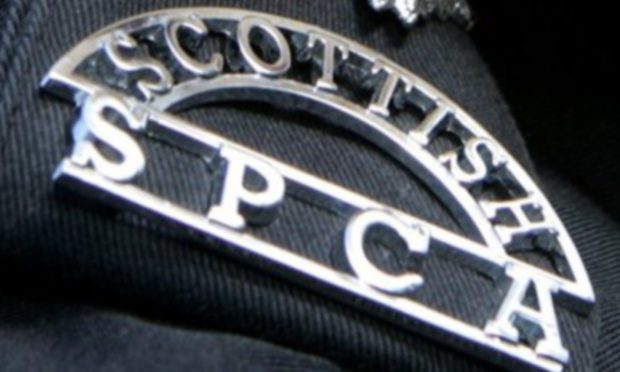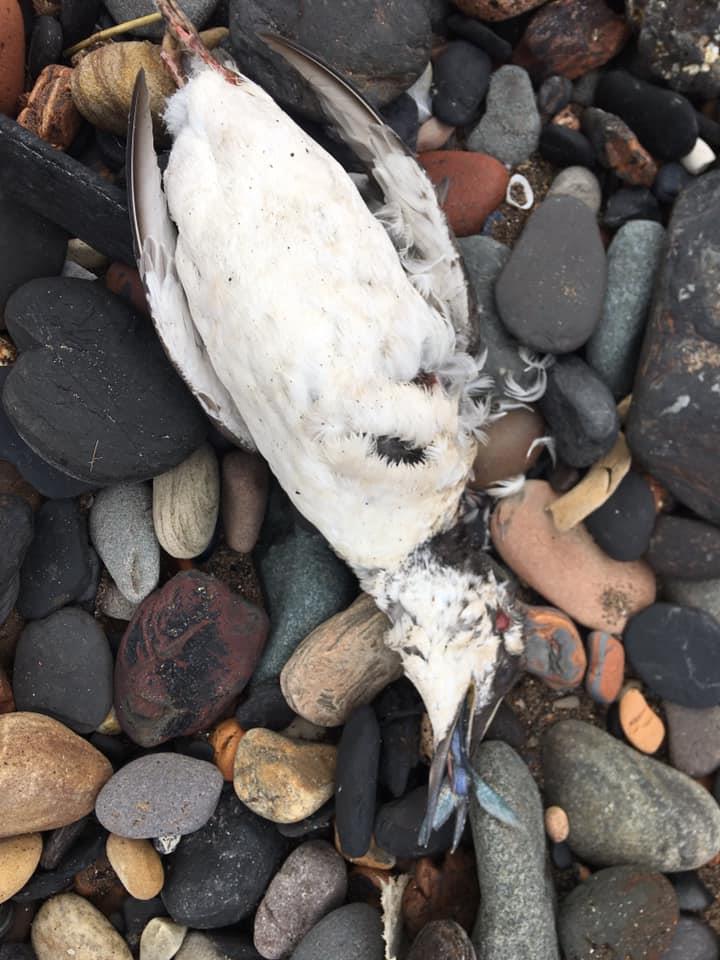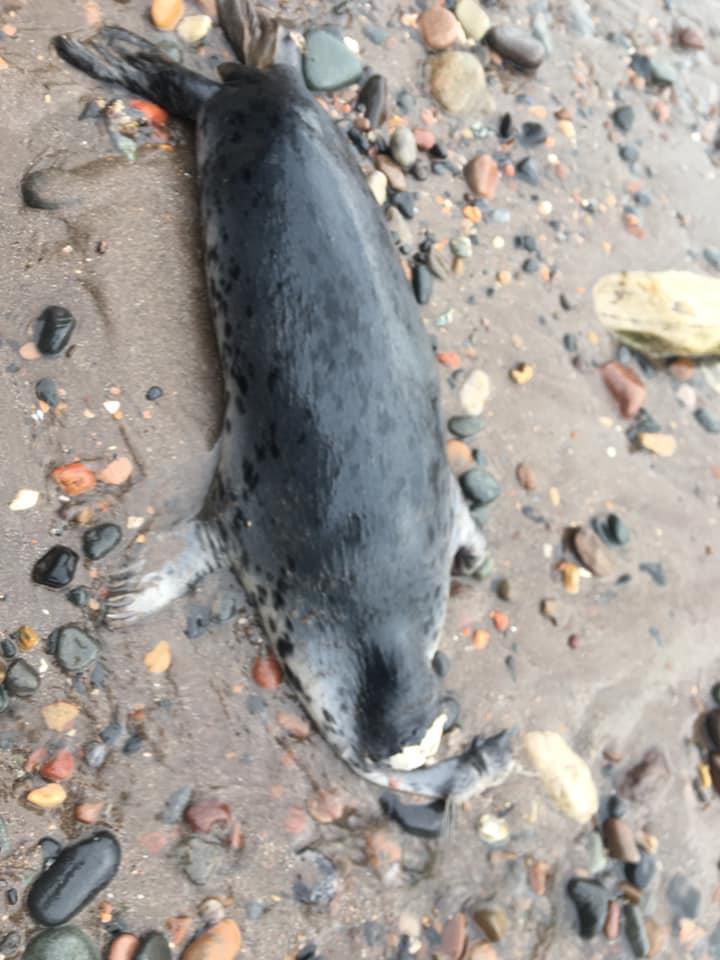A Fife family stumbled across a scene of horror on an outing to the seaside.
Kerry Johnston was shocked to discover the bodies of headless seals and birds, some still with their catch of the day in their mouths, at Kirkcaldy’s Pathhead Sands as she was walking with her daughter and niece.
She shared her findings in a social media post which prompted concern among some locals that the birds’ deaths could be connected to a recent Avian Flu outbreak in Fife.
However, experts have moved to reassure the public that it is more likely that the remains are leftovers from whales or seals that have washed up on the shore.
Kerry, 37, said she had never seen anything like it.
“I live quite close to the beach and go down there nearly every day especially during lockdown,” she said.
“When we first got to the beach I saw a few of the dead birds and it was as if they had just been frozen stiff. As we went further along I then found the bodies of three seals who all had their heads missing. On Wednesday I went back down to the beach and actually found more dead birds in the same area.
“Usually you find jellyfish washed up but I have never seen anything like that before.
“The SSPCA came down to investigate and they believe it could be whales that have caused the injuries but I thought the whales would have just taken the whole thing rather than just the head.”
Scottish SPCA chief inspector John Chisholm said: “We can confirm we were called out to reports of some dead seals and gulls on the Pathhead Sands beach on February 13.
“When the inspector attended at the location they found the body of one seal with possible predation marks but couldn’t walk any further as the tide was coming in.
“We suspect these animals have been preyed on by whales further out at sea and have washed up on the shore.
“If anyone finds a dead animal in circumstances they fear could be suspicious then please call our animal helpline on 03000 999 999. Otherwise, if there are no signs of foul play, then your local council will be able to help if you come across a deceased animal.”
Dr Debbie Russell from St Andrew University’s Sea Mammal Research Unit suggested the culprit might have been an adult grey seal.
She said: “When we first began our research a number of years ago and we encountered these headless seals we thought it must have been due to a mechanical cause such as a propeller due to the clean cut.
“However it wasn’t until we actually witnessed an adult grey seal take a pup and drown it before removing its head off the Isle of May in the Forth that we started researching this behaviour.
“We are still unsure as to why it happens but we have found it happening in many places including in Germany. It is also usually either harvester seals or young grey seals that are preyed upon.
“I think it is much more likely that the seals found on the beach in Kirkcaldy were headless as a result of an adult grey seal rather than a whale and while it does look like a clean cut we have since discovered that it is just the way their skin rips.”












